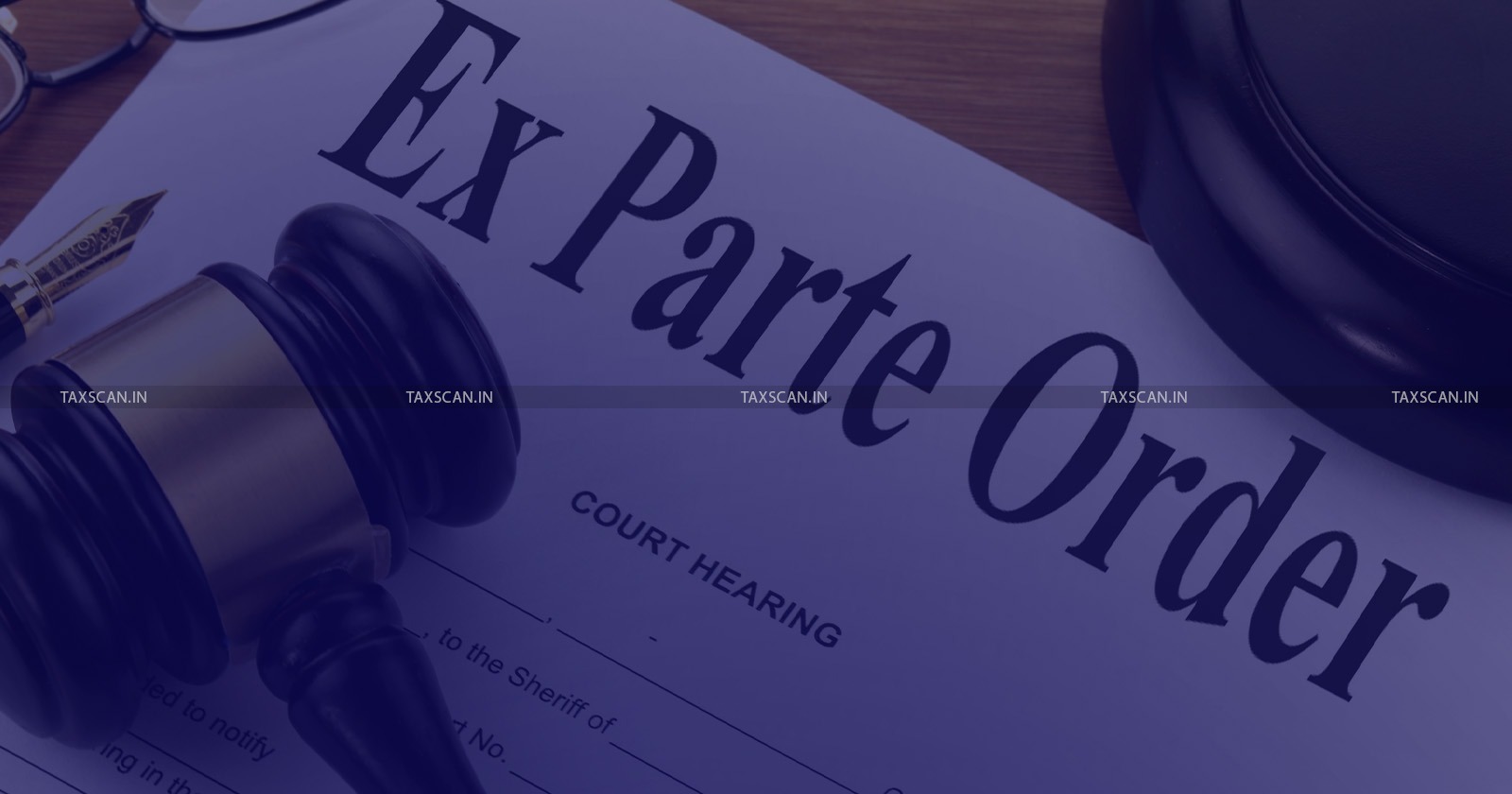Section 5A Tax on Buildings Valid as It’s Not a Luxury Tax, But Recovery Barred Beyond 3 Years: Kerala HC [Read Order]
Kerala HC upholds Section 5A building tax as valid, ruling it is not a luxury tax, but bars recovery for periods beyond three years
![Section 5A Tax on Buildings Valid as It’s Not a Luxury Tax, But Recovery Barred Beyond 3 Years: Kerala HC [Read Order] Section 5A Tax on Buildings Valid as It’s Not a Luxury Tax, But Recovery Barred Beyond 3 Years: Kerala HC [Read Order]](https://images.taxscan.in/h-upload/2025/07/03/2058469-tax-on-large-residential-buildings.webp)
In a recent ruling, the Kerala High Court held that Section 5A of the Kerala Building Tax Act, which imposes tax on large residential buildings, is valid as it is not a luxury tax but a tax on buildings and ruled that recovery of such tax cannot be made for periods beyond three years from the date of the demand notice.
Standardize Accounting Policies – Specimen Drafts at Your Fingertips! Perfect for internal reference and client consistency - Click here
Ison George, a homeowner in Changanassery, filed a writ petition challenging a demand notice issued by the revenue authorities seeking luxury tax under Section 5A for the years 2007-2008 to 2020-2021.
The petitioner argued that after the 101st Constitutional Amendment, the State no longer had the power to levy luxury tax, making Section 5A unconstitutional. He further argued that even if the tax was valid, the department could not demand payments for periods older than three years due to the absence of timely action.
The State’s counsel argued that Section 5A imposed a tax on buildings with a plinth area above a specified limit and was not a luxury tax. They argued that the State retained the power to impose such a tax under Entry 49 of List II of the Constitution, which permits states to levy taxes on lands and buildings. They also argued that the Act did not prescribe any limitation for issuing demand notices, allowing the department to recover past dues without restriction.
 Also Read:Advocate Suffers from Depression/Memory Loss, Fails to Defend Appeal resulting Ex-parte Order: ITAT Remands for Fresh Adjudication
Also Read:Advocate Suffers from Depression/Memory Loss, Fails to Defend Appeal resulting Ex-parte Order: ITAT Remands for Fresh Adjudication
The petitioner’s counsel countered that the tax was in the nature of a luxury tax, and the constitutional amendment had removed the State’s power to levy such taxes. He also argued that a reasonable period of limitation should apply to protect citizens from demands issued after excessive delay.
A division bench led by Dr. Justice A.K. Jayasankaran Nambiar observed that although the tax was referred to as luxury tax, its nature was a tax on buildings based on plinth area, falling under the State’s power to tax buildings and lands. The court observed that the absence of an express limitation period in the Act did not allow the authorities to issue demand notices after an unreasonable delay and that a reasonable period of three years should apply.
The court set aside the demand for the years 2007-2008 to 2015-2016 while upholding the validity of Section 5A of the Act. It ruled that the department could recover tax dues only for the period from 2016-2017 onwards. The writ appeal was partly allowed.
Support our journalism by subscribing to Taxscan premium. Follow us on Telegram for quick updates



